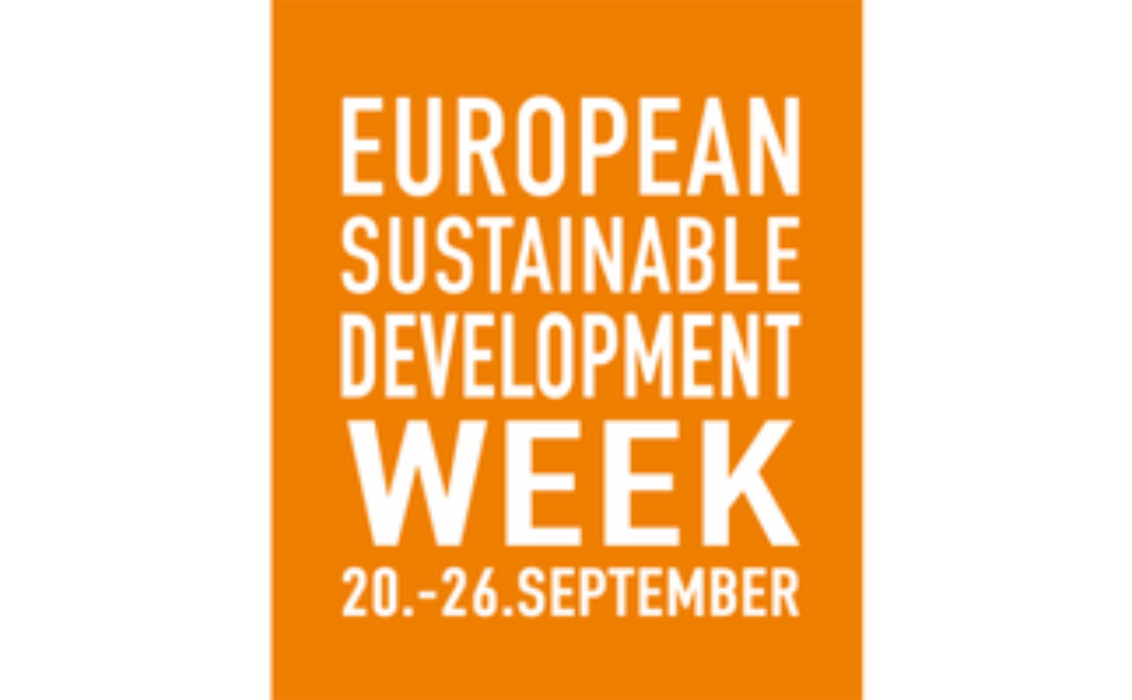Today marks the end of the European Sustainable Development Week (ESDW) 2022, a European-wide initiative to encourage and make visible projects, initiatives and events that promote sustainable development. This year there were almost 6000 events registered in 25 countries across Europe that raised awareness of one of the 17 United Nations 2030 Sustainable Development Goals.
The 2030 agenda for sustainable development includes two main relevant targets for the diabetes community in Europe and worldwide:
- Target 3.4: Reduce by one-third premature mortality from NCDs through prevention and treatment and promote mental health and well-being.
- Target 3.8: Achieve Universal Health Coverage (UHC), including financial risk protection, access to quality essential healthcare services and access to safe, effective, quality and affordable essential medicines and vaccines for all.
The number of people living with diabetes (PwD) across Europe as a whole continues to rise and is forecast to increase to 66 million by 2030, of whom 35 million in the European Union (EU). On average, diabetes reduces life expectancy in people aged 40-60 by 4-10 years and independently increases the risk of death from cardiovascular disease, renal disease and cancer. Flattening the diabetes curve and improving the quality of life of those living with diabetes is possible.
- Raising awareness and eradicating discrimination – Awareness is a pre-requisite for action on diabetes. We must present an accurate picture of diabetes and eradicate stigma that results from various misconceptions surrounding the causes and management of diabetes. Public, health professionals and policy makers must acknowledge the complexity of the disease, the influence of obesogenic environments, the impact of social inequalities and the psychological burden of a life-long condition that requires round-the-clock management.
- Creating enabling environments addressing modifiable risk factors and the social, cultural and environmental determinants of health to reduce the risk of developing diabetes and diabetes-related complications – Effective policies addressing the modifiable risk factors of diabetes, such as those promoting active living and access to healthy foods and those encouraging manufacturers to produce healthier offerings, will help reduce the risk or delay the onset of Type 2 diabetes and diabetes-related complications for many people.
- Supporting early action (including screening, early diagnosis and therapeutic inertia) – In Europe one third of PwD are undiagnosed, leading them to develop one or more complications by the time of diagnosis. Early screening will help in ensuring that the relevant action is undertaken early (e.g., initiation of education and treatment) thereby delaying, or reducing the risk of developing, the condition and/ or its complications.
Achieving the best possible health outcomes for PwD is also contingent upon their ability to access the medicines, supplies, technologies and care they require on an uninterrupted basis. Inequality in access to care leads to striking inequalities in health outcomes for Europeans. Therefore, achieving universal health coverage and ensuring access to high-quality, safe, and affordable care for all, will improve health outcomes and quality of life for many people. Alongside access to medicines, technologies and care, comprehensive self-management education must be guaranteed throughout the life course and access to adequate psychological support must be integrated as a key component of diabetes care.
IDF Europe supports the priorities of the United Nations 2030 Agenda for Sustainable Development and is committed to engaging in projects, programmes and activities that will contribute to flattening the diabetes curve, improving health outcomes and quality of life of PwD and reducing costs and inequalities for all Europeans.



